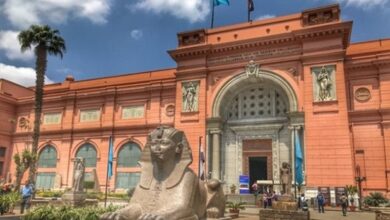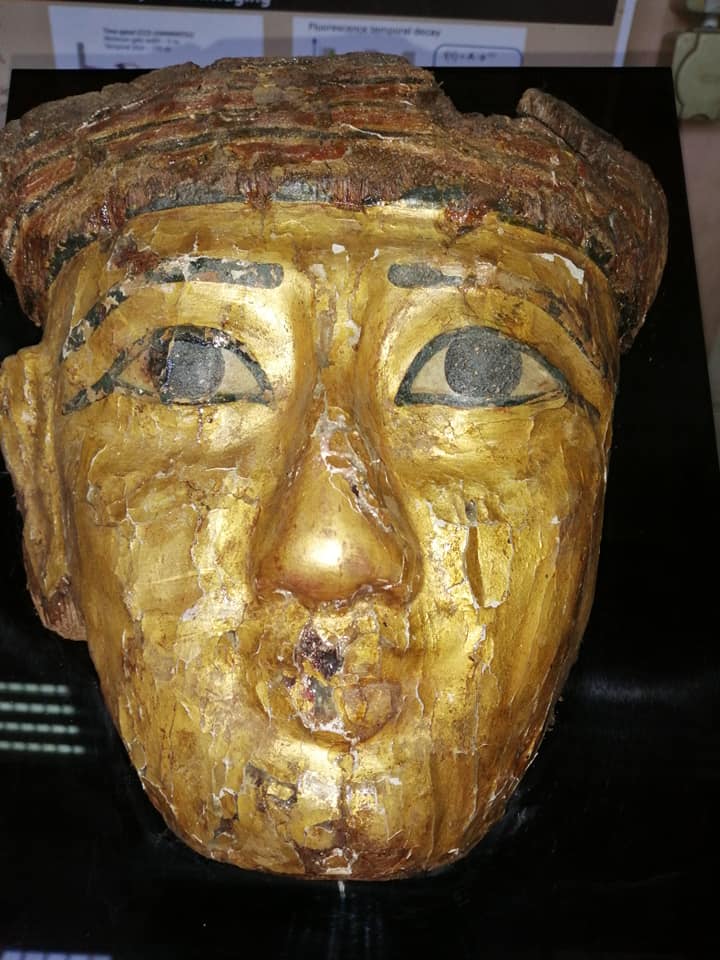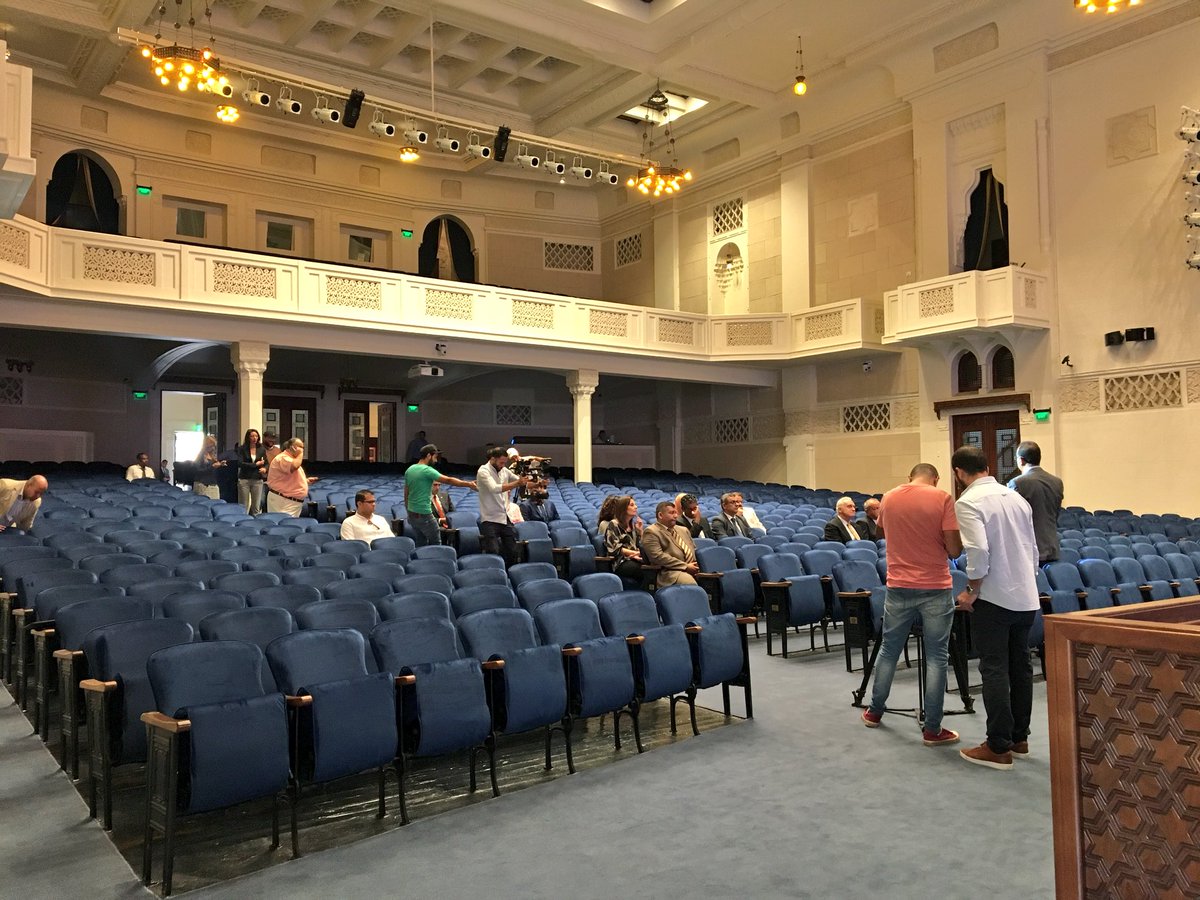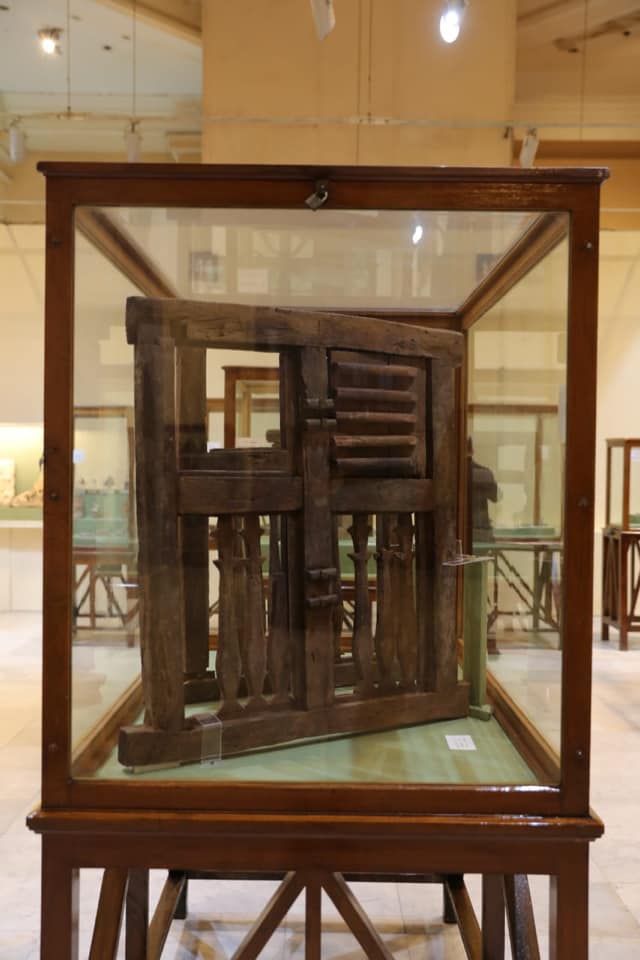Dozens protested Wednesday night against military police who had allegedly performed “virginity tests” on female protesters arrested in March.
The protests, which were staged outside a military sports club in Cairo’s Heliopolis neighborhood, came a day following a CNN report that quoted a military source as confirming that the military police had performed the tests as a pre-emptive measure to ensure the female activists did not accuse the army of rape and torture. Earlier, Egyptian military officials denied the claim that the checks had been performed.
“What happened on the 9 March and the reason they did the virginity test is simply unacceptable. Isn’t it supposed to be sexual harassment to perform such tests? We’re here to protect the revolution and reject what happened,” said Islam Abdel Kader, a protestor in front of Galaa Theatre.
Protestors were also angry with the ruling Supreme Council of the Armed Forces (SCAF) for trying civilians in military courts. The council has been criticized for being part of the old regime, and protestors claimed it was working in cahoots with the new “State Security Intelligence.” “1000 people are now in detention camps and have been given a military trail in one night. It's not acceptable to try them only in a day and their parents until now don’t know their whereabouts,” said Sahar Abdel Mohsen another protestor.
However, most protestors opposed SCAF rule. In their opinion, the SCAF is going against the revolution’s demands and is trying to break up the revolutionary coalition. “They are trying to break us (the revolutionary coalition) in order to present us as weak in front of the people. They claim that we have separate demands but our demands are clear and are one and haven’t changed,” said Dareen Khalifa, another protestor.
“They are also trying to turn the people, ‘the silent majority,’ against us. We can’t let them take away our dignity.”
Protestors were furious with the military council, and some have lost hope that it would lead a transition phase. Protestors were chanting “Hey Marshall, Hey Anan, the legitimacy comes from the Tahrir Square.” Osama al-Hakim, another protestor, said, “They don’t take any actions, we’re fed up and we want the demands of the revolution to be executed.”
Many activists had wanted to attend the event, but they were not allowed in the conference hall as the military police claimed that the space was already full. Angry activists managed to open the door to the hall. The military promised to bring screens outside, but the activists only became more furious.
“We want to participate, who's inside?” The activists chanted.
Remon Fareed, an activist from the Harket Shabab al-Tagheer (Youth Change Movement) said, “I sent the fax on time, which means I’m one of the attendees; I came one hour early. When I came they didn’t let me in and told me if you have a question, write it on paper. He who can’t organize an event of 100 guests can’t rule a whole country.”
Abdel Hakim Beheiry, another activist from the Etelaf Eza’at al-Thawra (Broadcasting Revolution Coalition), a movement responsible for broadcasting events from Tahrir Square shouted, “This isn’t a serious dialogue; it is only a media stunt they are making. This is complete chaos and they don’t respect us.”
The SCAF has come under severe criticism in the past two weeks for many reasons which include slow reforms, trying civilians in military tribunals and detaining or questioning those that oppose the military. On Friday, demonstrators in the ‘Second Day of Anger’ asked the military expedite reforms and accelerate trials of Mubarak and other corrupt officials. Some demanded the military to step down and a transitional Presidential Council to rule the country until presidential elections. On Tuesday, a protest in front of the military prosecution’s building demanded the release of blogger Hossam al-Hamalawy, TV presenter Reem Maged and journalist Nabil Sharaf al-Din. They were later released the same day.




